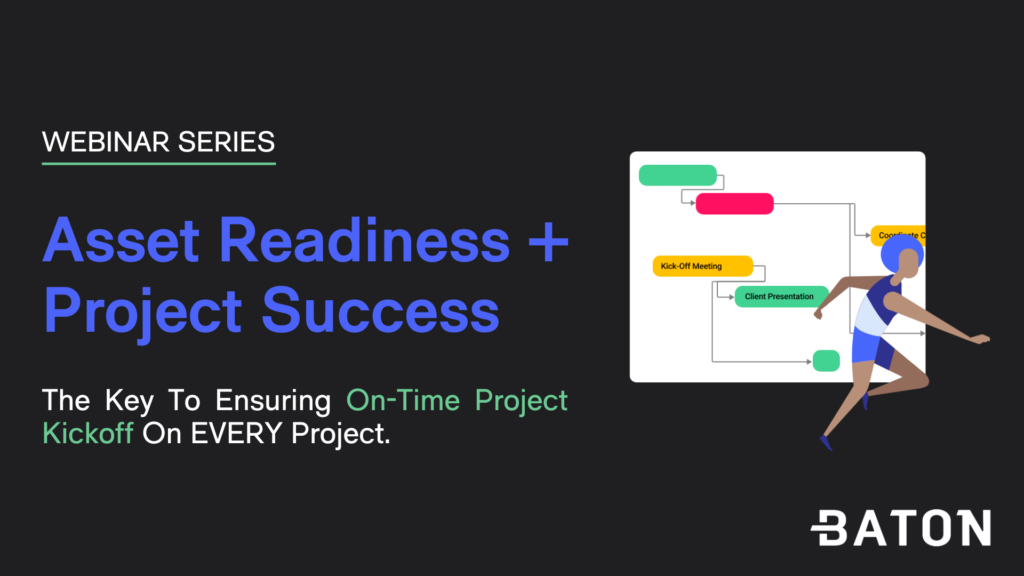In today’s fast-paced digital landscape, businesses are constantly seeking innovative ways to streamline processes, enhance efficiency, and deliver exceptional customer experiences. One of the key areas where technology has made a significant impact is in software implementation and customer onboarding. With advancements in artificial intelligence (AI), machine learning (ML), and project automation technologies, companies are revolutionizing how they deploy software solutions and onboard new customers. In this blog post, we will explore the profound impact of AI, ML, and automation on software implementation and customer onboarding processes.
The Evolution of Software Implementation and Customer Onboarding
Before delving into the impact of AI, ML, and automation, let’s first understand the traditional approach to software implementation and customer onboarding. In the past, these processes were often manual, time-consuming, and prone to errors. Implementing complex software solutions required extensive planning, coordination between multiple teams, and meticulous testing. Similarly, onboarding new customers involved a series of manual steps, such as data entry, configuration, and training sessions.
However, as technology advanced, businesses began adopting more efficient methods to handle these processes. The emergence of AI, ML, and automation brought about a paradigm shift in how software is implemented and customers are onboarded. Let’s explore the specific impacts of these technologies:
Impact of AI in Software Implementation and Customer Onboarding
1. Intelligent Planning and Resource Allocation
AI-powered tools can analyze vast amounts of data to help businesses make informed decisions during the software implementation phase. By leveraging historical data, AI algorithms can predict potential bottlenecks, resource requirements, and optimal timelines for project completion. This intelligent planning ensures smoother implementation processes and reduces the risk of delays or cost overruns.
Similarly, in customer onboarding, AI can assist in resource allocation by identifying the most suitable team members or support agents based on their skills, availability, and past performance. This ensures that customers receive personalized and efficient onboarding experiences from knowledgeable professionals.
2. Automated Testing and Quality Assurance
One of the critical aspects of software implementation is testing and quality assurance (QA). AI and ML technologies have revolutionized this phase by enabling automated testing frameworks that can simulate user interactions, detect bugs, and provide comprehensive test coverage. Automated QA processes not only accelerate the implementation timeline but also improve the overall reliability and performance of the software.
In customer onboarding, AI-driven testing tools can validate configurations, workflows, and integrations to ensure a seamless experience for new customers. By automating testing procedures, businesses can minimize errors, enhance product stability, and deliver a superior onboarding journey.
3. Personalized Training and Support
AI-powered chatbots and virtual assistants are transforming the way customers are trained and supported during the onboarding process. These intelligent systems can provide personalized guidance, answer frequently asked questions, and offer real-time assistance based on user interactions. By leveraging natural language processing (NLP) and ML algorithms, chatbots can continuously learn from user interactions and improve their responses over time.
Personalized training modules powered by AI can adapt to each customer’s learning pace and preferences, ensuring effective knowledge transfer and skill development. This personalized approach not only enhances the onboarding experience but also reduces the burden on support teams, allowing them to focus on more complex issues.
4. Data-Driven Insights and Optimization
AI and ML technologies generate valuable insights from data collected during software implementation and customer onboarding processes. These insights help businesses identify trends, uncover pain points, and optimize their workflows for better efficiency and customer satisfaction. By analyzing user behavior, feedback, and usage patterns, organizations can fine-tune their software solutions and onboarding strategies to meet evolving customer needs.
Additionally, AI-driven analytics tools provide real-time visibility into project progress, resource utilization, and key performance indicators (KPIs). This enables stakeholders to make data-driven decisions, allocate resources effectively, and mitigate risks proactively, ultimately leading to successful software implementations and seamless customer onboarding experiences.
Leveraging Automation for Efficiency and Scalability
Alongside AI and ML, automation plays a crucial role in optimizing software implementation and customer onboarding processes. Automation tools and platforms streamline repetitive tasks, eliminate manual errors, and ensure consistency across projects. Here are some ways automation enhances efficiency and scalability:
1. Workflow Automation
Automation platforms enable businesses to design and automate workflows for software implementation and customer onboarding. These workflows can include task assignments, notifications, approvals, and escalations, ensuring smooth collaboration among teams and stakeholders. Automated workflows reduce delays, improve accountability, and enhance overall process efficiency.
2. Self-Service Portals
Self-service portals powered by automation technology empower customers to onboard themselves with minimal manual intervention. Through intuitive interfaces and guided workflows, customers can configure settings, access resources, and complete training modules at their own pace. Self-service portals reduce dependency on support teams and enable scalable onboarding processes for growing customer bases.
3. Integrations and APIs
Automation tools facilitate seamless integrations with existing systems, third-party applications, and APIs, simplifying data exchange and connectivity. This integration capability streamlines data migration, synchronization, and customization tasks during software implementation. Similarly, integrated APIs enhance the interoperability of onboarding platforms, allowing for smoother data flows and enhanced user experiences.
4. Compliance and Security
Automated compliance checks and security protocols ensure that software implementations and customer onboarding processes adhere to industry regulations and best practices. Automation tools can enforce access controls, data encryption, and audit trails to safeguard sensitive information and mitigate security risks. By automating compliance tasks, businesses can maintain regulatory compliance while focusing on delivering value to customers.
The Future of AI, ML, and Automation in Software Implementation and Customer Onboarding
Looking ahead, the integration of AI, ML, and automation technologies will continue to reshape the software implementation and customer onboarding landscape. Here are some anticipated trends and developments:
- AI-driven Predictive Analytics: AI algorithms will leverage predictive analytics to anticipate customer needs, identify potential issues, and recommend proactive solutions during onboarding.
- Hyper-Personalization: ML models will enable hyper-personalized onboarding experiences by analyzing individual preferences, behaviors, and learning styles, leading to higher customer satisfaction and retention.
- AI-powered Virtual Assistants: Advanced virtual assistants powered by AI will offer conversational interfaces, predictive recommendations, and intelligent automation capabilities to guide customers through complex onboarding processes effortlessly.
- Automation in Regulatory Compliance: Automation platforms will integrate advanced compliance frameworks, AI-driven risk assessments, and automated reporting functionalities to ensure continuous compliance throughout the software lifecycle.
- Collaborative AI Platforms: AI-driven collaboration platforms will facilitate seamless communication, task management, and knowledge sharing among cross-functional teams, enhancing collaboration and productivity during software implementations.
Transforming Software Deployment and Client Integration through AI, Machine Learning, and Project Automation
In conclusion, AI, ML, and automation technologies have revolutionized software implementation and customer onboarding processes, driving efficiency, scalability, and customer satisfaction. By leveraging intelligent planning, automated testing, personalized training, and data-driven insights, businesses can deliver seamless onboarding experiences and successfully deploy software solutions. As these technologies continue to evolve, organizations must embrace innovation and adapt to emerging trends to stay ahead in today’s competitive market landscape.
Interested in learning more?
Experience Baton’s approach to Project Discovery and Asset Management firsthand. Get industry-leading perspectives on project discovery solutions, showcasing how to ensure on-time project launch 100% of the time.




